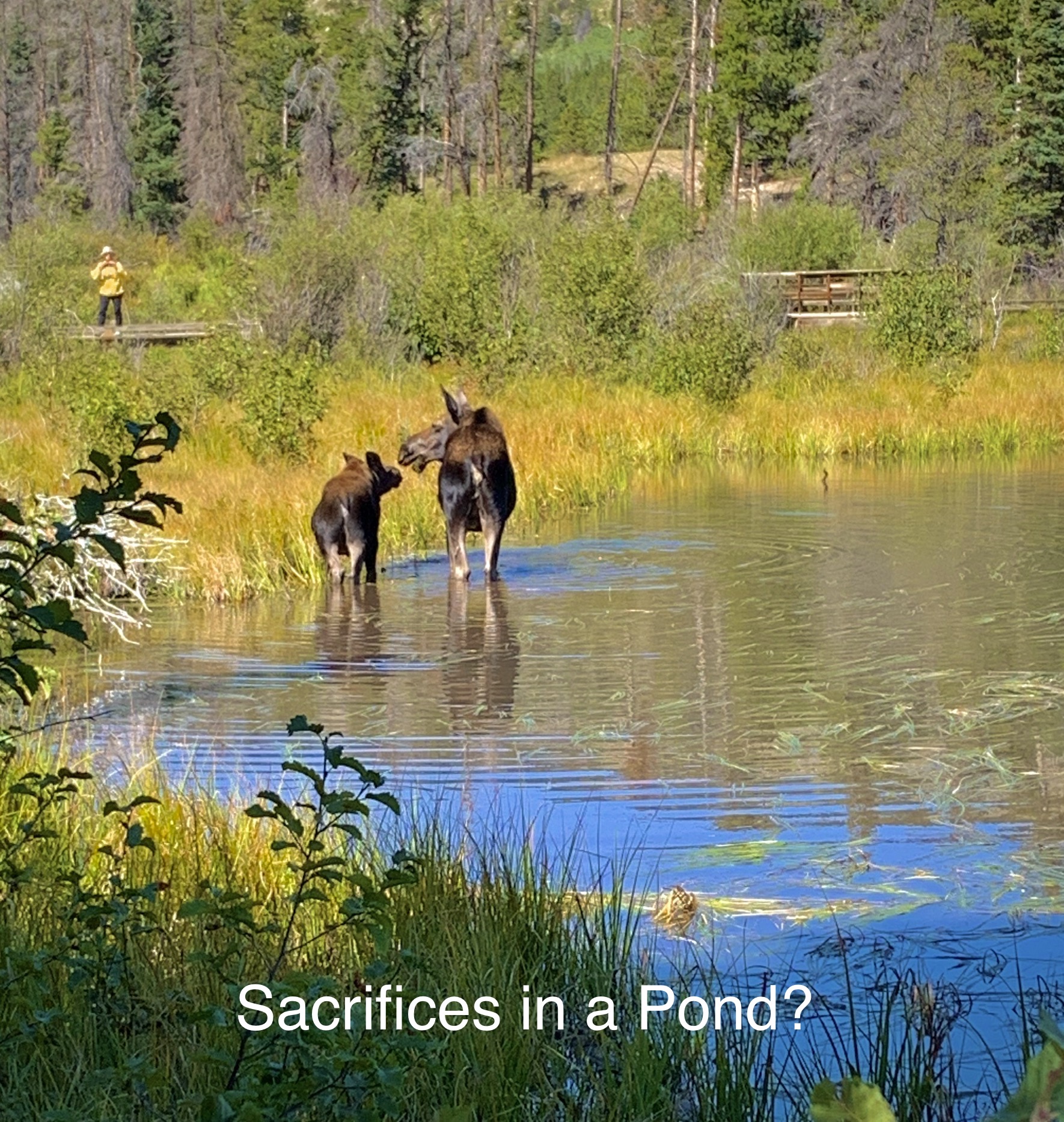#15. Preparations for the Sacrifice

I Kings 18:30-35
Since the resurrection of Jesus Christ, many have posited theories to deny the reality of that resurrection. Some have suggested that Jesus merely passed out on the cross but did not die (the “swoon theory”). Others have suggested that the disciples stole Christ’s body from the tomb at night and then claimed resurrection. These theories reach the heights of folly when compared with the accounts given in Scripture related to Christ’s death and burial. He was pierced in the side after his death, and blood and water came out (John 19:34). Roman soldier guarded His tomb (Matthew 27:62-66). These things took place so that we might not be led astray with idle tales but might believe on the Lord Jesus Christ who rose from the dead in the flesh.
As the resurrection of Christ was above reproach, so was the fire from heaven at Mount Carmel. Elijah gave every advantage to the priests of Baal. They went first, they chose the bull, they had all day for Baal to answer and nothing happened. No one answered.
Then it was Elijah’s turn. He had at least two objectives in his own preparations: 1) to remind the people of the glory, power, and might of the Lord God alone; and 2) to leave all in attendance and us today without any question about what took place on Mount Carmel.
Elijah began by rebuilding the altar of the Lord that had been broken down sometime in the past. He took twelve stones according to the number of Israel’s tribes built an altar with them. This reminds us of the faithfulness of God. Though Israel had long since abandoned God, He had not forgotten His covenant promises to Abraham, Isaac, and Jacob.
Next Elijah built a trench around the altar, laid the wood and the slaughtered bull on it, and commanded for water to be poured on top.* Elijah had four barrels filled with water and poured three separate times. The twelve barrels of water did not just soak the sacrifice but “ran around the altar and filled the trench also” (18:35).
Elijah was showing Israel that there was no trickery on that altar. There was no fire already prepared. The sacrifice, the altar, and the trench around it were filled with water. As he completed the preparation for the sacrifice and he prepared to pray, Elijah had seriously handicapped himself.
The Lord is teaching us that His power exceeds all that can be found in the world He created. He made the world to work according to His divine decree, but He has power to work above the order He created. He can make a bush to burn but not be consumed. He can make a pillar of fire to stand in the sky without a fuel source. He can die on the cursed cross, be buried for three days, and rise again from the dead. He can ascend into Heaven and descend to Earth at the last day of His own power. What chance does a sacrifice sitting in a small pond have against the fire coming from Him who can and did do all these things? The Lord God of Elijah, our God, has all power in Heaven and in Earth, and every substance and will of man that might seek to thwart Him will only make His work more glorious when it comes to pass.
.
.
* The word for the water containers is translated as “four jars” (ESV) and “four barrels” (KJV). Matthew Henry suggests the water came from the Mediterranean Sea, which, according to the Encyclopedia Britannica, touched the slopes of Mt. Carmel. The same Hebrew word translated barrels or jars is used to describe the jar Rebecca carried when she met the servant of Abraham and drew water for him and his camels (Gen. 24). The word seems to be used for a variety of jar sizes, perhaps as much as 5 – 20 gallons in each jar. Multiply that by 4 jars and each time water was poured on the sacrifice it was 20-80 gallons per time. At three times, the amount of water was likely between 60 and 240 gallons.



0 Comments